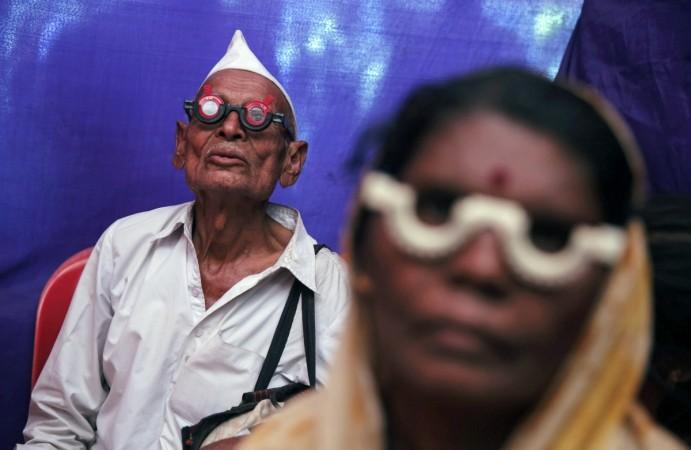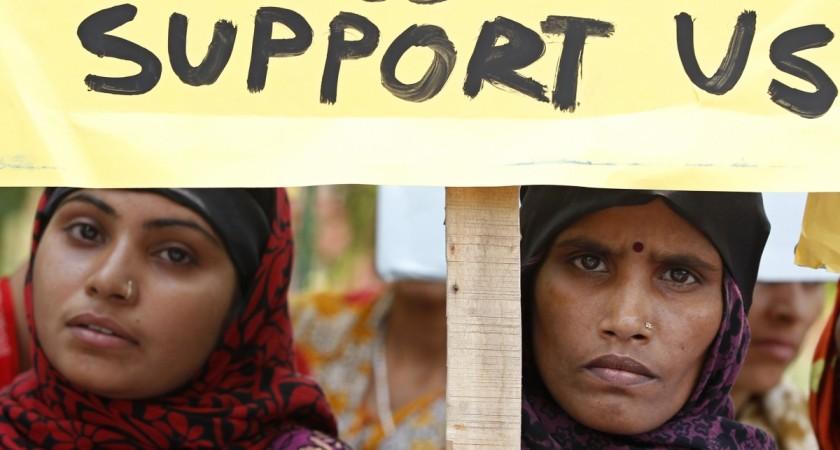In a sign of despair over the budget deficit, the Narendra Modi government has decided to cut almost 20% of its health budget for the current fiscal.
India, the world's second most populous nation, spends no more than 1% of its GDP on healthcare and its public spending on healthcare is among the lowest in the world.

The United Nation estimates that a third of the world's poorest -- at 1.2 billion people -- live in India. The move puts at risk a fragile population whose means to healthcare is likely to dry up.
Officials from the Ministry of Health said on Tuesday that more than ₹6,000 crore has been slashed from the current budget allocation for the year ending 31 March 2015. The original budget allocation was around ₹30,000 crore.
The Narendra Modi government came to power riding on promises of upgradation of basic health infrastructure and making medical services affordable to the poor, but the finance ministry, headed by Arun Jaitley, has ordered the cut in spending overriding the protests of the health ministry at a recent meeting, according to Reuters.
The finance ministry struggled to find the necessary means to achieve its 4.1% GDP deficit for the current fiscal and it has initiated disinvestments in state-owned organisations, and still may fall short of meeting its own target.
On the other hand, private healthcare industry is expanding at a annual clip of about 15%, making the nation one of the preferred destinations for treatment, when it comes to people living abroad along with the 'emerging middleclass.'
However, public spending on healthcare has rarely seen the growth needed to keep pace with other economic factors. Many in India, particularly the tribal population have to walk for a day or more to reach the nearest hospital to their settlement, only to realise that the government-funded mechanism cannot help them.
India witnesses more newborn deaths than even poorer nations. Diarrhoea in children alone claims 10 lakh children a year, and the recent deaths of women who underwent sterilisation shocked the nation. Another incident saw people with cataracts being operated on for free by an NGO, only to lose their vision permanently.
The cut in spending puts this very population at a higher risk.
Universal Healthcare Programme
The Narendra Modi government has plans to launch a universal healthcare programme, aiming to cover those who have little to no recourse to sufficient healthcare facilities. The plan would see citizens benefiting from free drugs, diagnostic treatments and insurance benefit.
The programme is estimated to cost the exchequer about $25 billion over four years, but with the current cut in spending it is unclear as to how the programme would be funded.
HIV/AIDS Funding Drops by 30%
The finance ministry has also directed a spending cut in India's HIV/AIDS programme by almost₹1,300 crore.

United Nations AIDS programme estimates put India at the third spot in the number of patients affected by the disease. In the Asia-Pacific region, India tops in the number of deaths as a result of immunodeficiency.
October saw India tethering on the edge of running out of free medication, required to treat the disease with fingers pointing at bureaucratic delays. The crisis was averted by the timely assistance of pharmaceutical companies and global health organisations.
New Delhi based Leena Menghaney worries that government support for health is being undone and they may lose the battle against HIV in the long run.

















